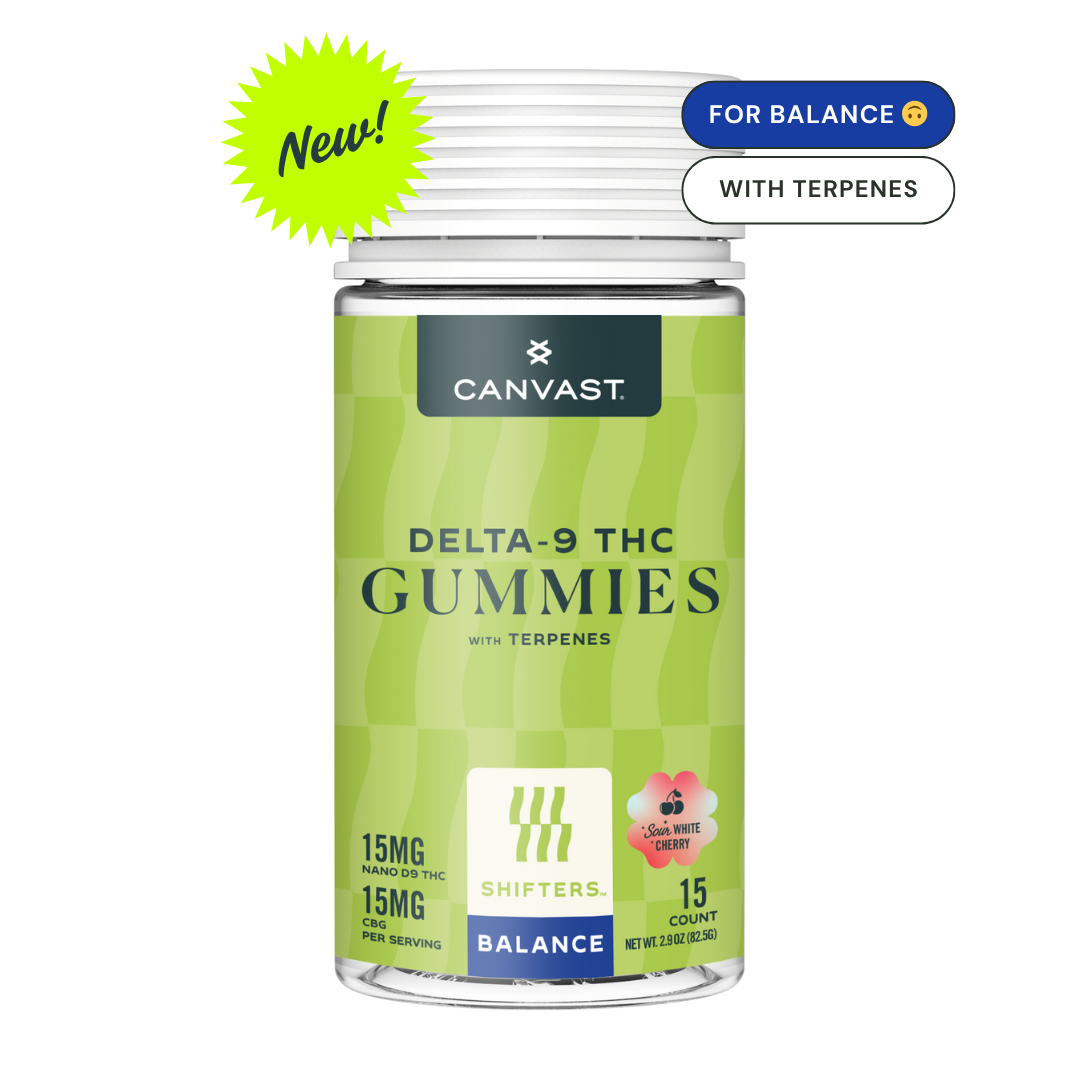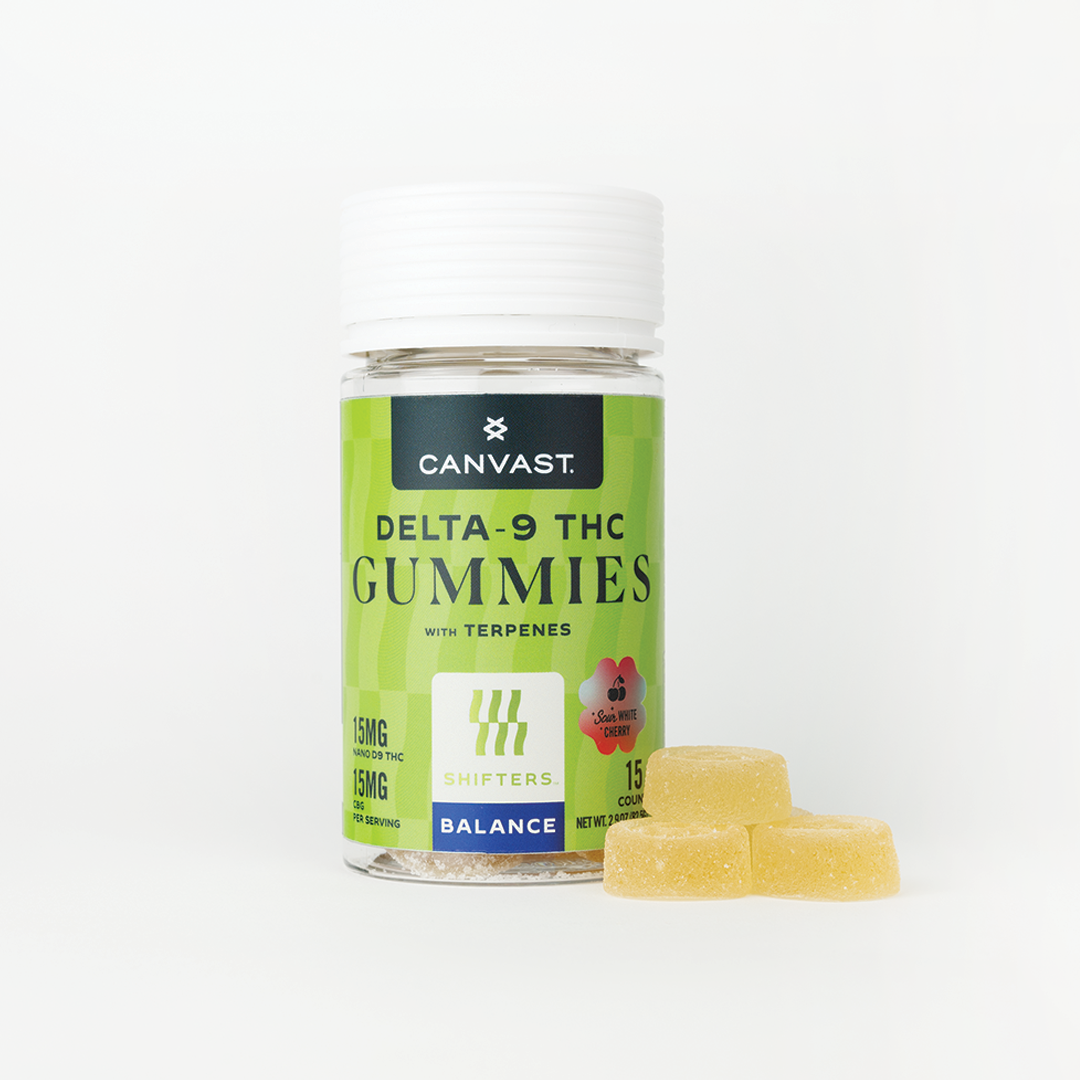The link between cannabis and mental health is complex and getting more attention. As cannabis laws change, it's key to look at both its good and bad sides.
Cannabis, known for ages, is now being studied for mental health. It might ease anxiety and depression and even boost brain function. But, we must also talk about the downsides, like how it can affect our mental health.
We want to help you understand the complex tie between cannabis and mental health. We'll look at the good and bad sides of using cannabis. This way, you can make smart choices about using it, if it's right for you.
Key Takeaways
- Cannabis has been studied for its potential benefits in addressing various mental health concerns, such as anxiety and depression.
- Understanding the nuances of this relationship for making informed decisions about incorporating cannabis into one's life.
- A balanced and informative perspective on the topic, empowering readers to navigate the complex landscape of cannabis and mental health.
- The potential benefits and risks of cannabis use.

The Impact of Cannabis on Mental Well-Being
The link between cannabis and mental health is complex. Some studies show cannabis might help with mental health issues. But, it's important to look at the risks and challenges too.
Potential Benefits of Cannabis for Mental Health
Research suggests cannabis could help with anxiety, depression, and PTSD. The cannabinoids in cannabis, like CBD, may reduce anxiety and depression. It can offer mental health benefits by helping to alleviate symptoms of stress, anxiety, and depression for some individuals.
Cannabinoids like CBD and THC interact with the body's endocannabinoid system to regulate mood and promote relaxation. CBD, in particular, is known for its calming effects without causing a high, which can help reduce anxiety and improve sleep quality. THC, when used in moderation, may also uplift mood and provide temporary relief from emotional distress.
Risks and Challenges Associated with Cannabis Use
We want to be transparent and honest about the fact that using cannabis comes with risks. Long-term or heavy use can lead to mental health problems. This includes psychosis, schizophrenia, and substance abuse, especially for those at risk.
It's also important to consider how cannabis affects the brain and mental health over time, as well as finding the appropriate dosage for you and your lifestyle. As research grows, talking to a doctor is key. They can help weigh the benefits and risks for your specific situation.
Cannabis, Mental Health: Navigating the Complex Relationship
Many things can change how cannabis affects someone, like their body, how they use it, and how much they take. It's important to understand these details for those looking to use cannabis for their mental health.
How someone reacts to cannabis can vary a lot. Some might feel better, while others might feel worse. This can depend on their genes, past health issues, and current mental state.
How you use cannabis can also affect its impact on your mind. Edibles, like Canvast Vegan and Organic Gummies, might work for you differently than smoking or vaping, and for others, vice-versa. It's also key to use the right amount, as too much THC can make some mental health issues worse.
By grasping these subtleties and talking to healthcare experts, people can better use cannabis for their mental health. As research grows, we'll learn more about how to use cannabis wisely for mental health support.
Factors Influencing the Effects of Cannabis on Mental Health
Understanding how cannabis affects mental health can be difficult. It involves looking at many factors. These include individual differences, like genetics and pre-existing mental health conditions. Also, how and how much someone uses cannabis can greatly impact its effects.
Individual Differences and Predispositions
Genetics and existing mental health issues can greatly affect how cannabis impacts someone. Some people may be more likely to experience negative effects, like psychosis or anxiety, due to their genes. Those with mental health conditions, like depression, might see their symptoms worsen or react badly to cannabis.
Consumption Methods and Dosages
The way you consume cannabis and the amount you use can change its effects on your mind. Smoking or vaping can lead to quicker and stronger effects than eating or using tinctures. Taking too much cannabis can increase the risk of bad mental health outcomes, like more anxiety or paranoia. Watching how much and how you use cannabis can help manage its effects on your mental health.
How do individual differences and consumption methods affect the impact of cannabis on mental health?
The impact of cannabis on mental health varies by individual. Factors like genetics and pre-existing conditions play a role. The method of consumption and dosage also affect outcomes. Higher doses or certain methods may increase risks.
What are the potential long-term effects of using cannabis for mental health?
The long-term effects of cannabis on mental health are still unclear. Some studies show benefits for PTSD and chronic pain. But, long-term use may raise the risk of depression and psychosis. More research is needed to understand these effects.
Are there any alternative options to consider besides cannabis for mental health?
Yes, there are many alternatives for mental health concerns. Options include therapy, medication, mindfulness, and lifestyle changes. It's crucial to talk to a healthcare professional to find the best treatment for your needs.
Conclusion
Cannabis can encourage mindfulness and a sense of well-being, which may contribute to improved mental clarity and emotional balance when used responsibly. It's always important to cover both the benefits and risks when considering a new therapy or product. Always consult with a healthcare provider, especially if using other medications, to avoid potential interactions.










